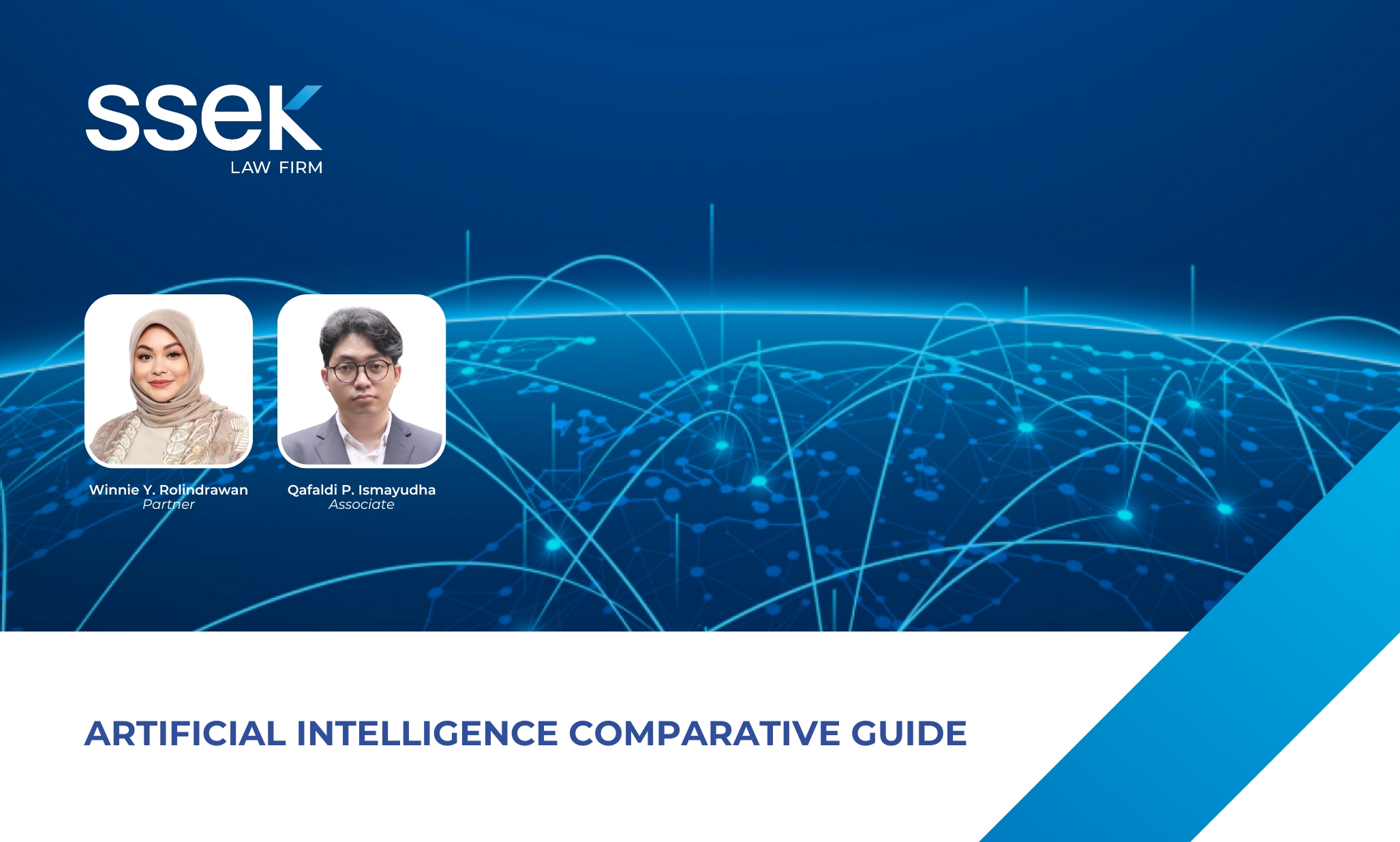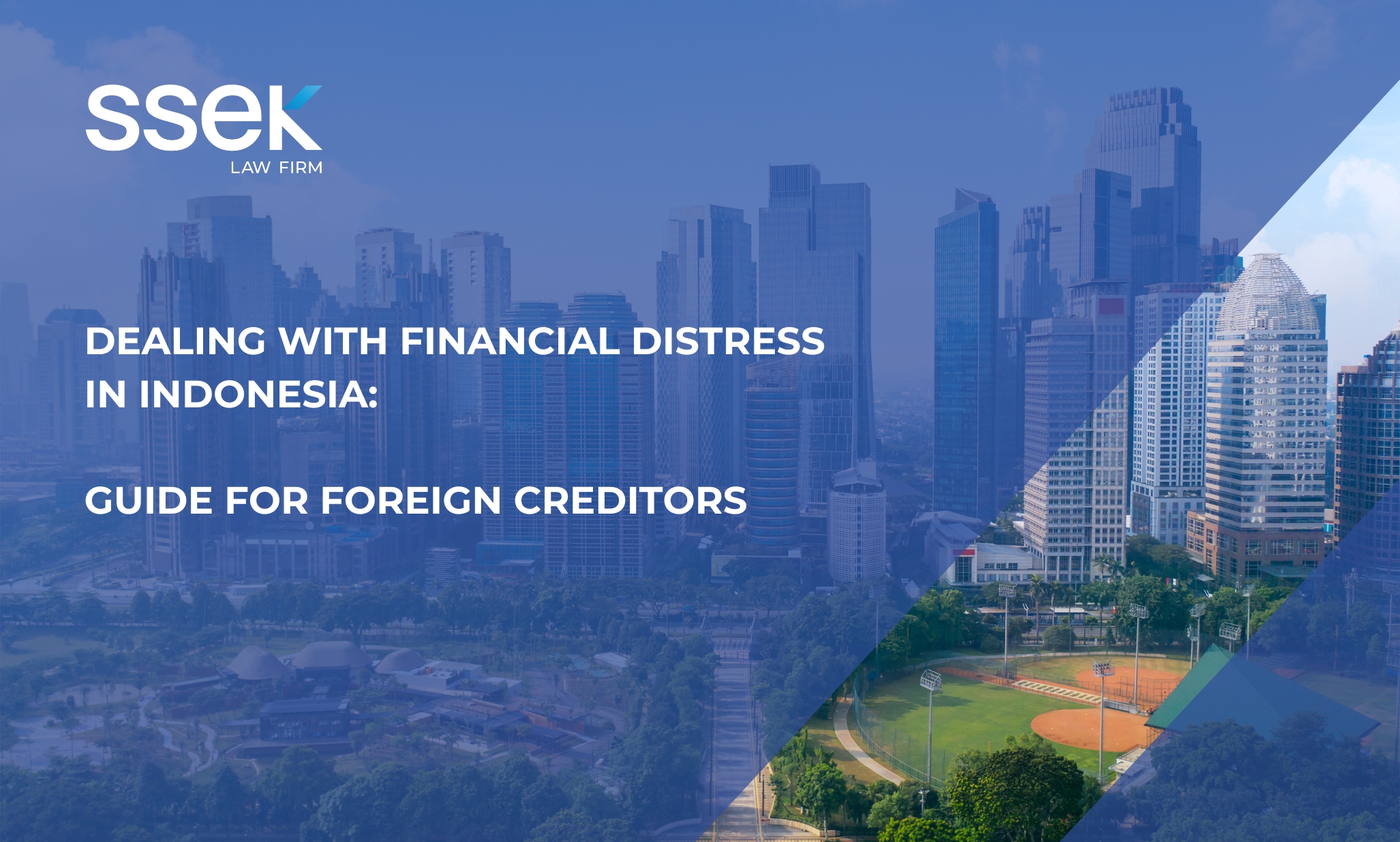

The Indonesian Ministry of Manpower (MOM) has issued MOM Regulation Number 10 of 2018 on Procedures for the Utilization of Foreign Workers (MOMR 10/2018), which implements Government Regulation Number 20 of 2018 on the Utilization of Foreign Workers. MOMR 10/2018 revokes MOM Regulation Number 16 of 2015 and MOM Regulation Number 35 of 2015.
MOMR 10/2018 introduces a number of important changes and provisions that will be of interest to employers in Indonesia.
Employment of Foreign Workers
Under Article 3 of MOMR 10/2018, only the following can employ foreign workers:
- Government agencies, representatives of foreign countries, international agencies and organizations;
- foreign trade representative offices, representative offices of foreign companies and foreign news agencies established in Indonesia;
- limited liability companies (perseroan terbatas or PT) and foundations (yayasan);
- foreign business entities registered with the authorized institution in Indonesia;
- social, religious educational and cultural institutions;
- event organizers (sports or arts/entertainment); and
- other business entities, as long as they are not prohibited under Indonesian laws or regulations from employing foreign workers.
Obligations of Employers
To employ foreign workers, employers must:
- have a Manpower Utilization Plan (RPTKA) that has been approved by the MOM or have appointed officials in accordance with the procedures set out under MOMR 10/2018 (Article 9);
- pay Compensation for the Use of Foreign Manpower (DKP-TKA) in the amount of USD 100 per month for each position that is held by each foreign worker employed. (This obligation does not apply to government agencies, representatives of foreign countries and international organizations; social institutions, religious institutions and educational institutions; and employers that employ expatriates as members of the board of directors or board of commissioners who own shares in the company in accordance with the laws and regulations.) (Articles 26 and 29);
- register the foreign workers with insurance programs offered by insurance companies that are registered in Indonesia (for expatriates who have worked in Indonesia for less than 6 months) or Indonesia's Social Security Administrator (Badan Penyelenggara Jaminan Sosial or BPJS) (for expatriates who have worked in Indonesia for at least 6 months) (Article 4 paragraph 4);
- appoint Indonesian companion employees (tenaga kerja pendamping) for the transfer of technology and skills from the foreign workers and provide training for the Indonesian companion employees (Article 29); and
- facilitate Indonesian language training for the foreign workers (except for foreign workers hired for temporary or emergency work, and members of the board of directors or board of commissioners) (Article 31).
Notification Application
Under MOMR 10/2018, employers that will employ foreign workers must first submit a Notification application to the Directorate General under the MOM. Once all the Notification requirements have been satisfied, the Directorate General will issue the Notification, which will include:
- the name of the employer;
- the identity of the foreign worker;
- the working location of the foreign worker;
- the validity period of the Notification; and
- the payment code.
RPTKA Application
A RPTKA is issued based on the Notification, with the two documents serving as the approval to employ foreign workers. The expatriate work permit (Izin Mempekerjakan Tenaga Asing or IMTA) under the previous regime is no longer required under MOMR 10/2018.
Previously, it took about 3 days to issue an IMTA and another 3 days to issue the RPTKA. With employers no longer required to apply for an IMTA, the application process now takes about 4 days (2 days to issue the RPTKA and 2 days to issue the Notification).
Requirements for Foreign Workers
MOMR 10/2018 stipulates requirements for foreign workers to be employed in Indonesia, including the obligation to:
- hold appropriate education qualifications for the position they will fill;
- hold a certificate of their competency or have at least 5 years of relevant work experience;
- transfer their expertise to their Indonesian companion employee;
- hold an Indonesian taxpayer registration number (NPWP) (for expatriates who have worked in Indonesia for at least 6 months); and
- hold a temporary stay permit/card issued by the relevant institution.
Online Applications
Following the issuance of MOMR 10/2018, every application (Notification and RPTKA) will be fully integrated under an online service that is jointly coordinated among all the relevant ministries/institutions including the Ministry of Law and Human Rights, Ministry of Finance, and the BPJS. Online applications can be accessed at tka-online.kemnaker.go.id.
Sanctions
Employers that fail to comply with MOMR 10/2018 will be subject to various administrative sanctions including:
- delay in government services;
- temporary suspension of the employer's ability to process foreign worker applications;
- revocation of the Notification; and/or
- other sanctions under Indonesian laws and regulations.
Issues
Under the previous regulations, expatriates domiciled abroad and holding a position as a member of a board of directors, board of commissioners, board of patrons, board of management or board of supervisors were exempted from the requirement to obtain a work permit.
It appears that MOMR 10/2018 does not continue this exemption. Rather, MOMR 10/2018 introduces a new restriction that such exemption applies only to foreign workers who are members of a board of directors or board of commissioners and own shares in the company. Depending on the application of this particular provision, complications may arise in the future.
MOMR 10/2018 came into effect on July 11, 2018.
This publication is intended for informational purposes only and does not constitute legal advice. Any reliance on the material contained herein is at the user's own risk. You should contact a lawyer in your jurisdiction if you require legal advice. All SSEK publications are copyrighted and may not be reproduced without the express written consent of SSEK.









